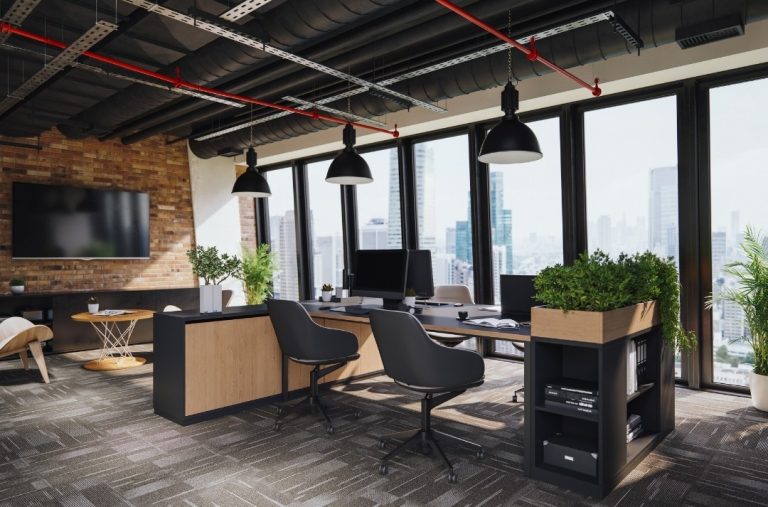In 2025, office space is being redefined. Your office is more than desks or meeting rooms. It’s a hub for flexibility, productivity, and adaptability.
Hybrid work shapes how you plan space. You may need fewer rows of desks. Instead, you might rely on shared areas, quiet rooms, and flexible layouts.
Office-to-residential conversions are increasing in many Canadian cities. This shift turns excess office supply into housing and supports both teams and communities.
Economic uncertainty is influencing how investors think about office properties. The focus is on flexible, adaptable spaces that hold long-term value. Modular design, smart tech, and multi-use areas are becoming standard features.
Office buildings are evolving. You’ll find movable walls, modular furniture, smart booking systems, and updated amenities. Owners are retrofitting older buildings for smarter use.
Government incentives are encouraging redevelopment. Some cities are offering tax rebates and other measures to make office conversions financially viable.
The result: office space in 2025 meets how your team works today. It adapts faster, costs less to manage, and supports mixed uses. Your office reflects practical design, not outdated layouts.


